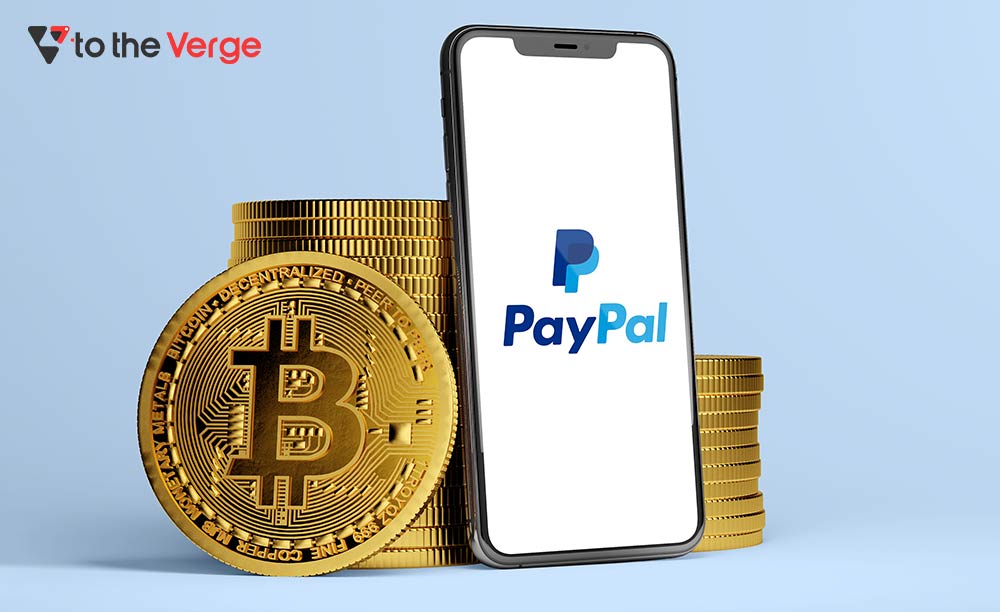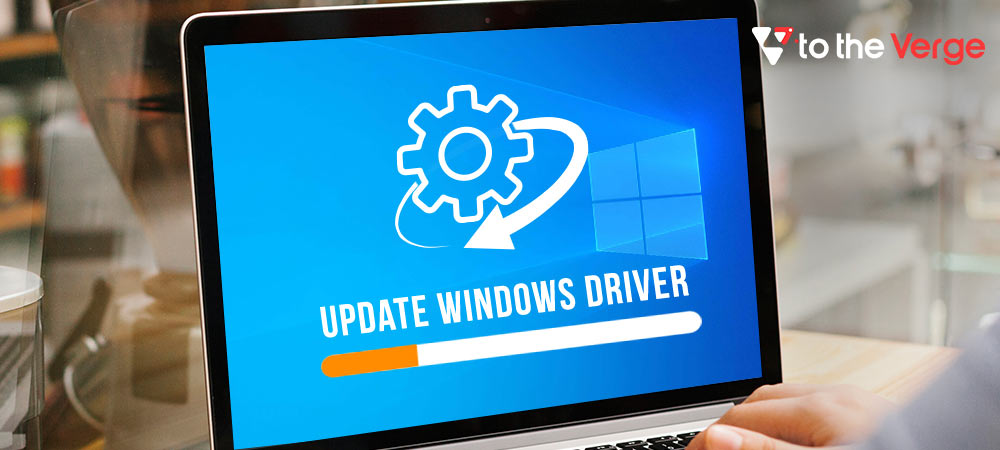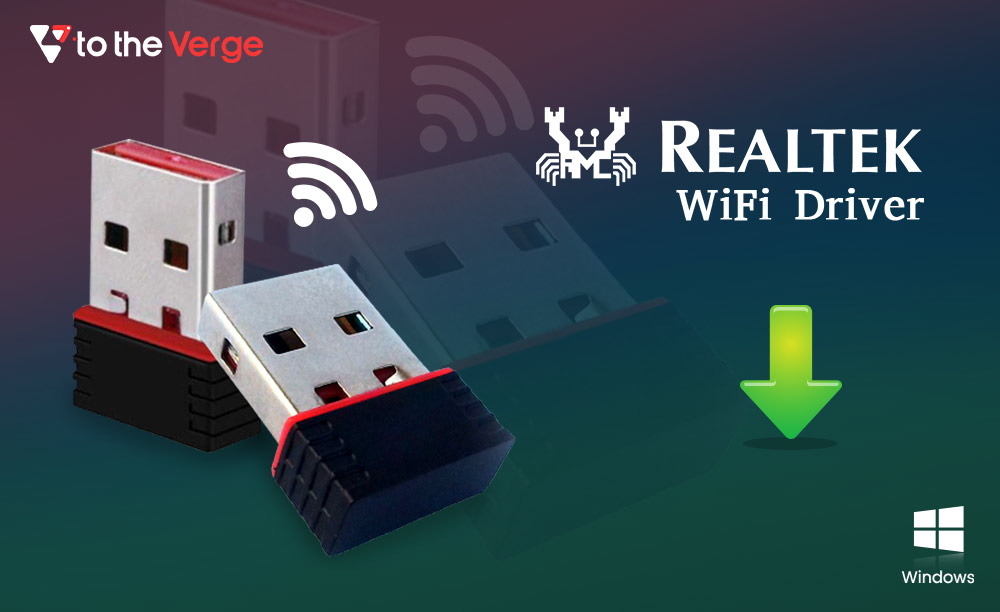PayPal, an American financial technology service provider, co-founded by Elon Musk in 1999 and later sold to Ebay.com, said today that customers would be able to move cryptocurrency from their accounts to other wallets and exchanges.
Nearly two years after opening its platform to digital currencies, PayPal Holdings Inc (PYPL.O) announced that customers would soon be able to transfer cryptocurrencies such as bitcoin to external cryptocurrency wallets.
The service will be offered to a limited number of US users starting soon. According to the San Jose, California-based business, it will be pushed out to all qualified US consumers over the next few months.
“Since we started enabling crypto purchases on our platform, this function has been the most requested by our consumers,” said Jose Fernandez da Ponte, PayPal’s SVP and general manager of blockchain, crypto, and digital currencies.
PayPal clients will be able to transfer supported currencies into PayPal, shift crypto from its application to external crypto addresses like exchanges and hardware wallets, and send cryptocurrency to other PayPal users “in seconds” using the new capability.
When customers execute external transactions, they are responsible for network costs determined by the blockchain and vary based on the crypto asset. There are no fees for internal transactions (Paypal to PayPal).
“If consumers have crypto elsewhere and wish to consolidate,” Fernandez da Ponte says, “they may move it to PayPal from external addresses.” “They can also transmit cryptocurrency to anyone who uses PayPal.”
In October 2020, PayPal enabled its users to purchase, sell, and keep cryptocurrency. Then, in late March 2021, PayPal announced the debut of Checkout with Crypto, a tool that allowed customers to pay for goods and services from millions of online merchants using bitcoin. PayPal’s recent investments in cryptocurrency include a collaboration with Paxos to enable its service that lets clients buy, trade, and store a variety of cryptocurrencies and the acquisition of bitcoin security firm Curv. Fernandez da Ponte said at Consensus last year that enabling users to send data would be the next stage.
“This is a logical conversion for our users who want to do more with their digital content,” Fernandez da Ponte added. “We consider ourselves a bridge between the fiat, or conventional banking, world and the web3 world, allowing users to access certain other cryptocurrency wallets, exchanges, and apps,” says the company.
Giving PayPal customers the flexibility to shift their digital currencies — such as bitcoin, ethereum, bitcoin cash, or litecoin — into, out of, and within the company was a move the company couldn’t afford to miss if it wanted to stay ahead of the curve in a fast-changing financial world.
Despite recent volatility in the cryptocurrency industry, Fernandez da Ponte stated that PayPal follows this path because “consumers continue to adopt cryptocurrencies.”
“This move shows that we’re in it for the long run,” Fernandez da Ponte concluded. “I feel it is vital to stay on track and engage in the space,” he added further.
Users in the United States may only have access to the new feature. PayPal says it added an additional identity verification step for customers to end cryptocurrency. Select US users will be able to do so beginning today. Other “eligible” US customers will be able to do so in the coming weeks.
Following permission from the New York Department of Financial Services, PayPal was authorized to offer the new capability after switching from a “conditional” BitLicense to a “full” one.
Since last year, the cryptocurrency market has seen increased investment opportunities, with large venture capital companies, celebrities, and blue-chip organizations all expanding their crypto holdings.
Our aim is to chase the future, innovations, and the latest trends of all things tech. We love to interact with industry experts, understand their diverse and unique perspectives, and spread their ideas.







![How to Update and Reinstall Keyboard Drivers on Windows 10/11 [A Guide]](https://wpcontent.totheverge.com/totheverge/wp-content/uploads/2023/06/05062841/How-to-Update-and-Re-install-Keyyboard-Drivers-on-Windows-10.jpg)
